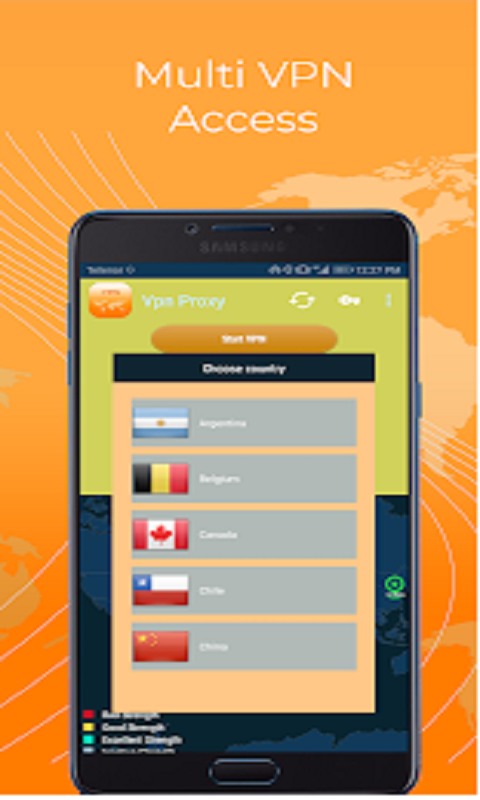

We’ll cover the pros and cons of each tool, which is better for different activities, and when you should use each type of software. In the rest of this article, we’ll explain the key differences between a proxy and a VPN in more detail. Reroutes the traffic from your browser window In the table below, you can find the key differences between proxy and VPN services summarized in a table: Feature For this reason, they’re typically far safer and more trustworthy than free web proxies from unknown developers.Ĭomparison: Proxy Servers vs VPN Services

Top-rated VPNs are maintained by reputable, independently-audited companies with a vested interest in your online privacy and security.However, it’s not always the case - free web proxies with highly-congested servers can be very slow. Proxies are often faster than VPN services because they don’t encrypt your data.Top-tier VPNs will unblock most streaming services, and often include additional security features too. VPN services tend to be more configurable, with larger server networks and a wider variety of locations to choose from. Proxy servers rarely offer a choice of server locations, additional features, or security settings.Proxies tend to have much more limited technical capabilities and no real customer support. VPN services are usually larger operations with dedicated customer support and a financial incentive to offer the best experience. VPNs typically deliver more stable connections than proxies.

It’s possible to find good free VPNs, but they’re often slower and much more limited than their paid equivalents. It’s expensive to maintain a reliable server network, so good VPN services usually require a paid subscription, while web proxies are mostly free.You can configure a proxy to work within your operating system, but this is less common and more complicated than using a VPN. In contrast, most proxies only work within a single window, such as your browser. A VPN reroutes all of the web traffic sent from your device, including any applications running in the background.If a proxy does use encryption, it’s almost always weaker than the encryption used by a VPN. That means your ISP and any other third party will be able to see your browsing activity if it’s intercepted. Unlike a VPN, most proxies do not encrypt your web traffic.Proxy vs VPN: The Key Differences Explained


 0 kommentar(er)
0 kommentar(er)
